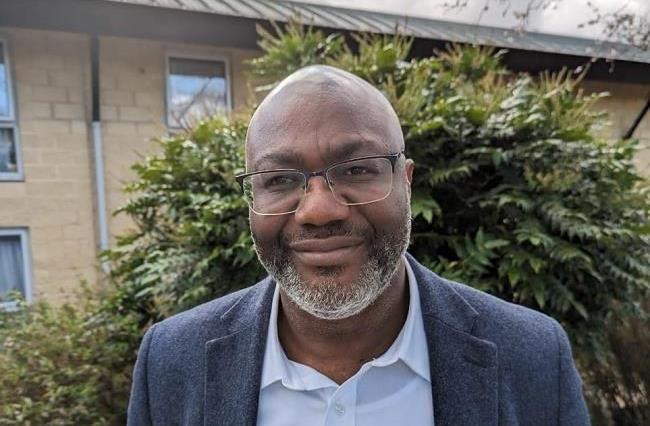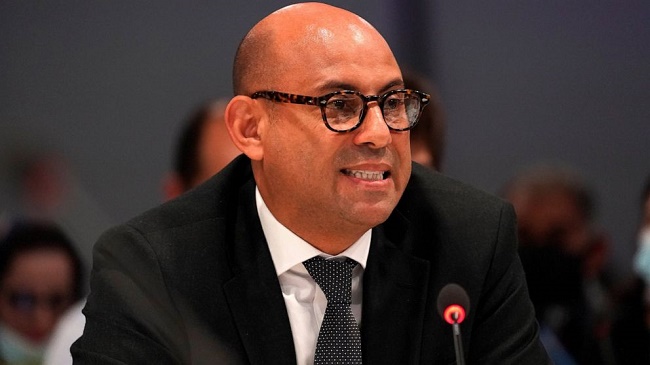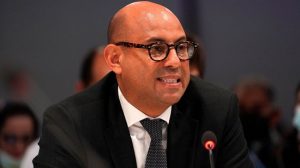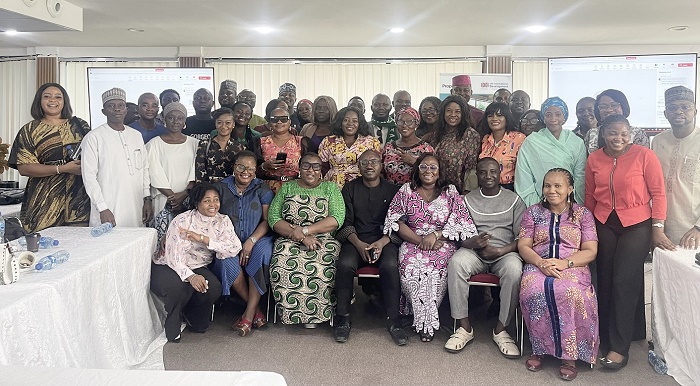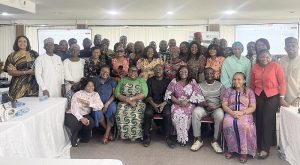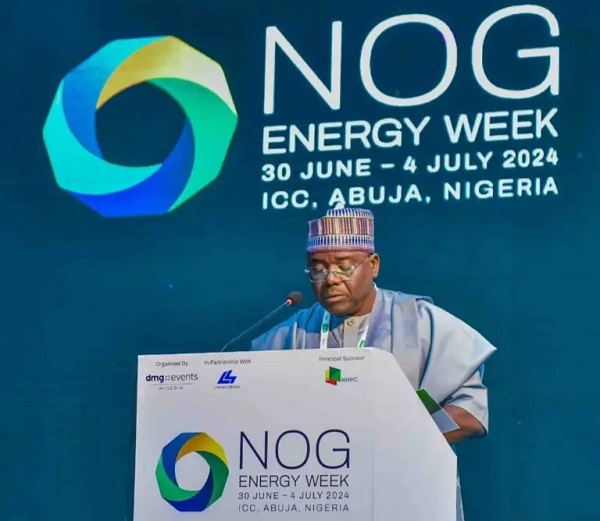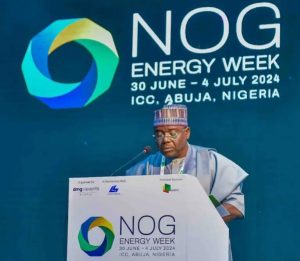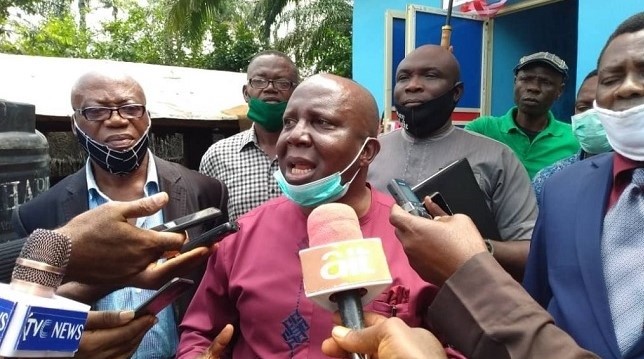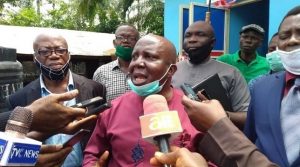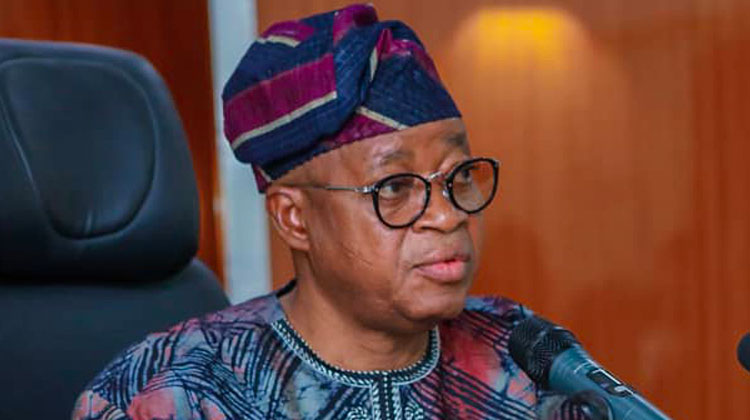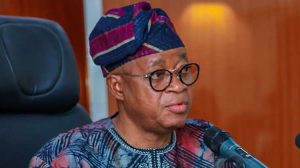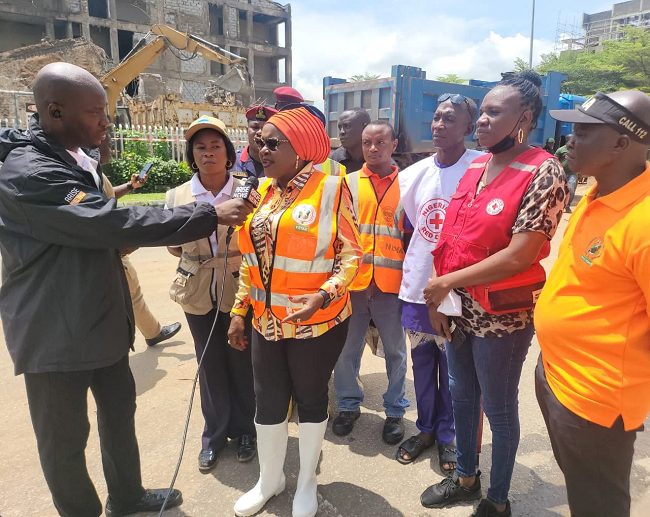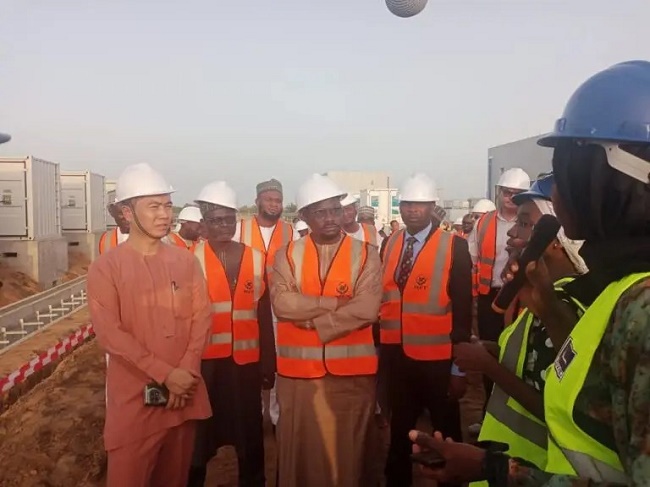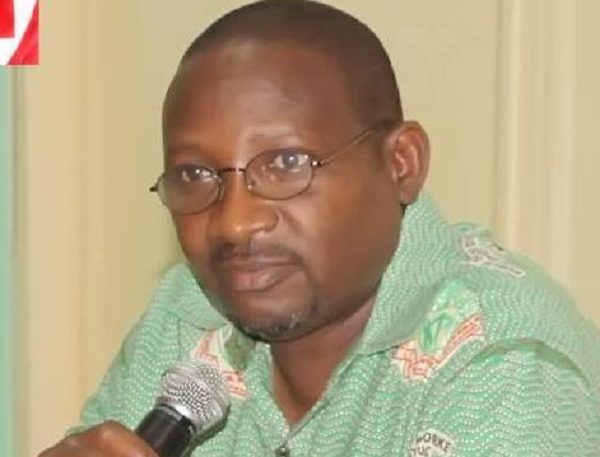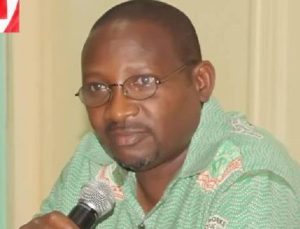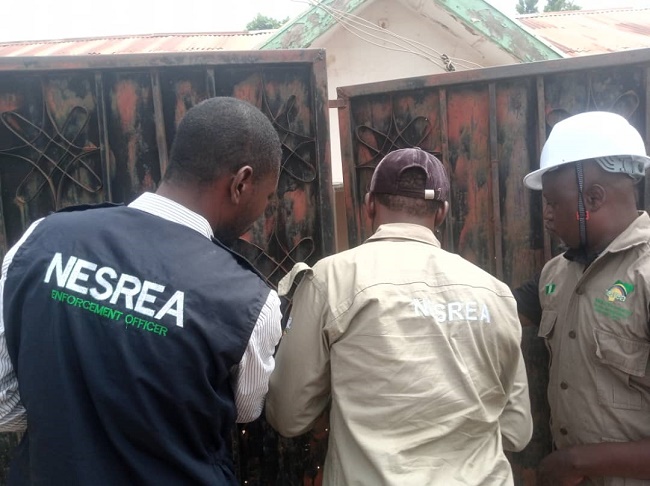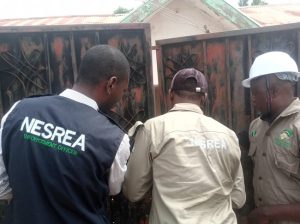The Senior Adviser to the Governor of Enugu State on Climate Change and Sustainable Development, Professor Chukwumerije Okereke, has announced the launch of an essay competition on climate change in the state.
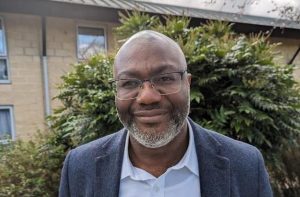
The competition is part of the Mbah-Climate Education, Innovation and Training Initiative (MBAH-CEITI) aimed at raising climate awareness in the state. The initiative is said to align with the governor’s vision to enhance climate education in Enugu State.
Governor Peter Mbah’s administration is currently in talks with two international donors to secure funding for various climate awareness projects, including the development of a climate policy and action plan for the state. The MBAH-CEITI campaign is one of the several initiatives led by the Senior Adviser’s Office on Climate Change in collaboration with the state government.
The essay competition, titled “What measures can Enugu State take to address climate change while also promoting economic growth, and what role can the youth play in this process?”, commenced on Monday, July 1, 2024, and will end on July 31, 2024.
Speaking on the upcoming essay competition which is open to young adults from Enugu State and those living in the state between the ages of 18 and 35 years, the SA to the Governor on Climate Change and Sustainable Development, Prof Chukwumerije Okereke, said that the competition aims to increase public awareness of, and engagement with climate change in Enugu State and Nigeria more broadly. He stated that the essay competition is one of the campaigns in place by his office for the youths in Enugu State.
Prof. Okereke emphasised that his office has plans to implement additional projects in the state to enhance public awareness of climate change in Enugu State and Nigeria as a whole.
“My office is currently developing more public awareness campaigns, which will encompass the Enugu State climate policy and action plan, the Enugu State tree planting and urban greening campaign, the Enugu clean cooking initiative, and the Enugu youth technical empowerment programme.”
He asserted that these campaigns would not only educate the youth of the state about climate change but also provide them with training opportunities to enhance their capacity for self-sustainability.
“The competition will present a valuable opportunity for young individuals to take the lead and drive climate action in the state by proposing measures that can combat climate change while fostering economic growth. I am confident that we will receive high-quality submissions from the young people of Enugu State.”
Prof Okereke also emphasised the ongoing threat of climate change to human existence and highlighted the crucial role that young people must play in taking climate actions and participating in decision-making processes to safeguard our environment.
He also stated that his office would continue to develop engaging activities and competitions to enhance public awareness and understanding of climate change in Enugu State and Nigeria.
“My office is planning to organise more captivating competitions to raise public awareness and foster engagement with climate change in Enugu State and Nigeria as a whole.”
This first edition of the essay competition will see the winner getting a cash reward of N100,000, the second position N75,000, and the third position will get N50,000.
Youths from Enugu State and those living in Enugu are encouraged to submit their essay by visiting the website at www.enugustatesaclimate.com, and for further details call 07037631055.
The top three essays will be announced during a hybrid event scheduled for August 30, 2024.
By Anieze Elochukwu, PA to the Senior adviser on Climate Change and Sustainable Development

